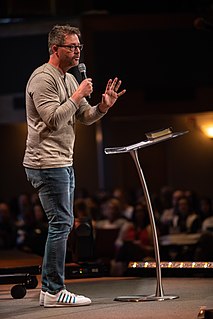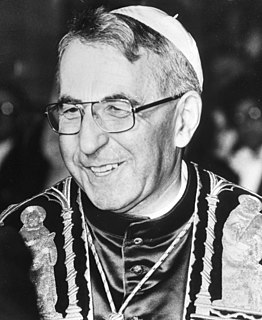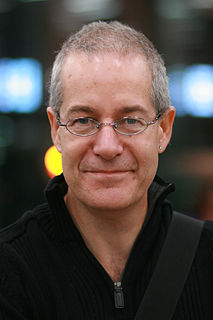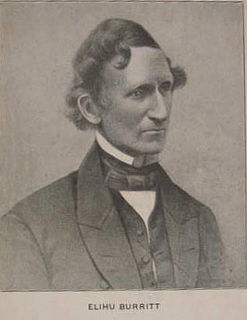A Quote by Pope Francis
No one must say that they cannot be close to the poor because their own lifestyle demands more attention to other areas. This is an excuse commonly heard in academic, business or professional, and even ecclesial circles. While it is quite true that the essential vocation and mission of the lay faithful is to strive that earthly realities and all human activity may be transformed by the Gospel, none of us can think we are exempt from concern for the poor and for social justice
Quote Topics
Academic
Activity
Areas
Attention
Because
Business
Cannot
Circles
Close
Commonly
Concern
Demands
Earthly
Essential
Even
Excuse
Exempt
Faithful
Gospel
Heard
Human
Human Activity
Justice
Lay
Lifestyle
May
Mission
More
Must
None
Other
Own
Poor
Professional
Quite
Realities
Say
Social
Social Justice
Strive
Think
Transformed
True
Us
Vocation
While
Related Quotes
While our heart for social justice grows out from the gospel, social justice by itself will not communicate the gospel. We need gospel proclamation, for as much as people may see our good deeds, they cannot hear the good news unless we tell them. Social justice, though valuable as an expression of Christian love, should, especially as a churchwide endeavor, serve the goal of gospel proclamation.
Essential to the attainment of these national goals is the moral imperative of ensuring social justice and respect for human dignity. The great biblical tradition enjoins on all peoples the duty to hear the voice of the poor. It bids us to break the bonds of injustice and oppression which give rise to glaring, and indeed, scandalous social inequalities. Reforming the social structures which perpetuate poverty and the exclusion of the poor first requires a conversion of mind and heart.
If you are trying to live a life in accordance with the Bible, the concept and call to justice are inescapable. We do justice when we give all human beings their due as creations of God. Doing justice includes not only the righting of wrongs but generosity and social concern, especially toward the poor and vulnerable.
When we give help to the poor, we are not doing the work of aid agencies 'in a Christian way'. Those are good, it is a decent thing to do - aid work is good and quite human - but it is not Christian poverty, which St. Paul desires of us and preaches to us. Christian poverty is that I give of my own, and not of that which is left over - I give even that, which I need for myself, to the poor person, because I know that he enriches me. Why does the poor person enrich me? Because Jesus Himself told us that He is in the poor person.
The priestly vocation is essentially a call to sanctity, in the form that derives from the Sacrament of Holy Orders. Sanctity is intimacy with God; it is the imitation of Christ, poor, chaste and humble; it is unreserved love for souls and self-giving to their true good; it is love for the church which is holy and wants us to be holy, because such is the mission that Christ has entrusted to it. Each one of you must be holy also in order to help your brothers pursue their vocation to sanctity.
Economically, many folks don't feel they can afford organic. While this may be true in some cases, I think more often than not it's a question of priority. I feel it's one of the most important areas of concern ecologically, because the petrochemical giants - DuPont, Monsanto - make huge money by poisoning us.
It ought to concern every person, because it is a debasement of our common humanity. It ought to concern every community, because it tears at our social fabric. It ought to concern every business, because it distorts markets. It ought to concern every nation, because it endangers public health and fuels violence and organized crime. I’m talking about the injustice, the outrage, of human trafficking, which must be called by its true name - modern slavery.
The Stoic discipline of action, which is connected to the virtue of justice, says that we ought to treat others fairly and we should engage in social and political activity. This is further supported by the Stoic idea of cosmopolitanism, and by the famous "circles of concern" identified by Hierocles, who counseled that we should refer to other people as brothers and sisters, to constantly remind ourselves that we are members of the same human family.
Sociological method as we practice it rests wholly on the basic principle that social facts must be studied as things, that is, as realities external to the individual. There is no principle for which we have received more criticism; but none is more fundamental. Indubitably for sociology to be possible, it must above all have an object all its own. It must take cognizance of a reality which is not in the domain of other sciences... there can be no sociology unless societies exist, and that societies cannot exist if there are only individuals.

































